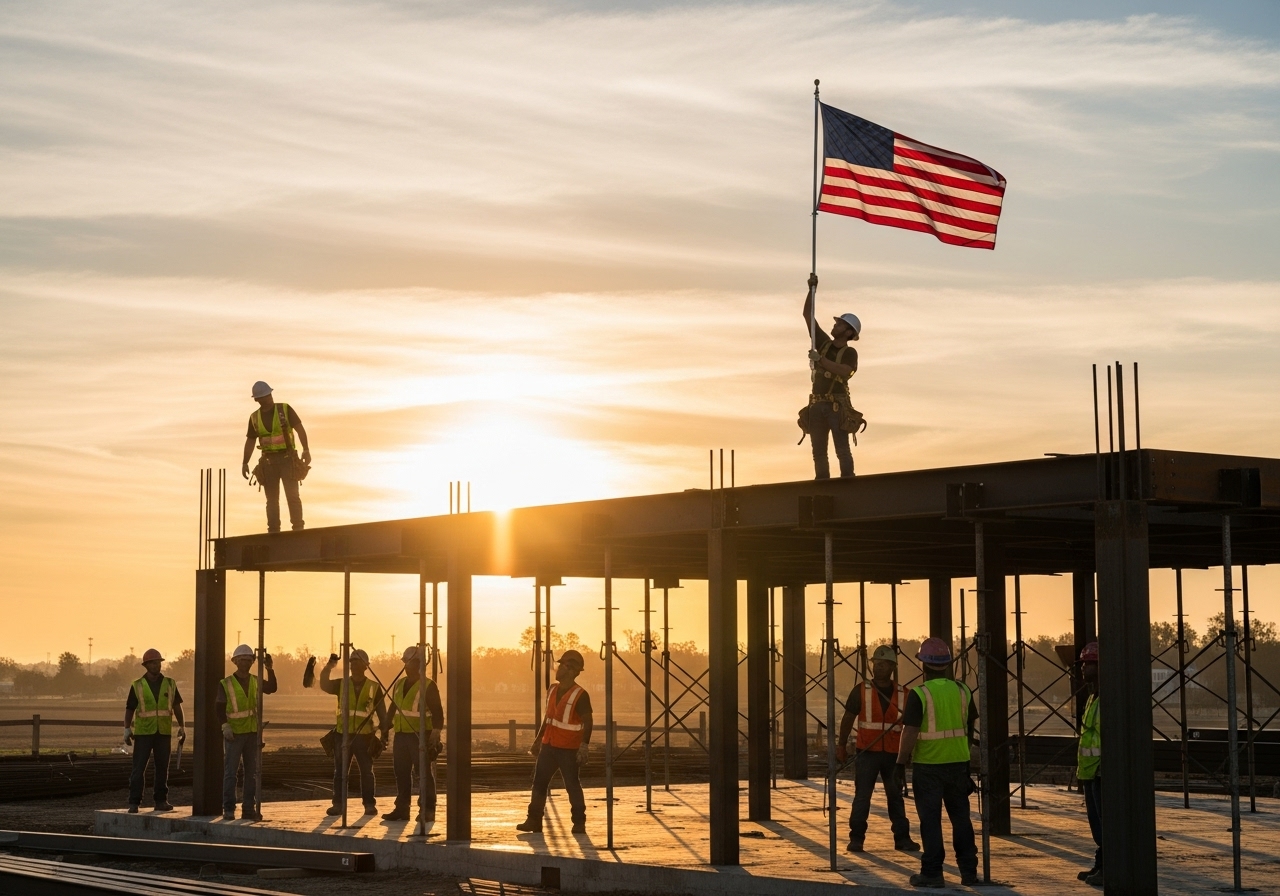On Wednesday, the Associated Press (AP) appeared to support San Francisco’s plan to award $5 million in reparations to each long-term Black resident of the city, rebutting locals who ventured to voice their opposition.
According to the AP story, the San Francisco Board of Supervisors overwhelmingly supported the concept in principle during a public meeting but did not yet commit to financing or approving any particular policy recommendations.
It’s unclear how the city will pay for reparations given that it has a $728 million budget deficit and that its downtown economy is on the verge of collapse. Furthermore, it is unclear why San Francisco, a city free of slavery, must pay.
The AP, however, was confident that the locals who informed the Board of Supervisors that they opposed the idea were mistaken and couldn’t possibly have known about racism’s long history, slavery’s legacy, or the need for reparations.
According to AP’s reporting:
Every qualified Black adult would get payments totaling $5 million, personal debt and tax obligations would be eliminated, annual incomes of at least $97,000 would be guaranteed for 250 years, and San Francisco homes would cost merely $1 per family.
“These were a few of the more than 100 suggestions put out by a committee established by the city to investigate ways to make amends for centuries of systemic racism and slavery. The San Francisco Board of Supervisors, who heard the report for the first time on Tuesday, enthusiastically endorsed the suggestions made, with some noting that money shouldn’t be a barrier to the city taking the correct action.”
“Some supervisors said they were astonished to hear opposition from politically liberal San Franciscans who seemed to be oblivious that the legacy of slavery and discriminatory practices continues to put Black Americans on the bottom rungs of education, health, and economic prosperity, and overrepresented in prisons as well as homeless populations.”
Instead of focusing on modern liberal policies like letting teachers’ unions dictate education policy for the advantage of their members instead of the welfare of students, the AP assumed the reparations advocates’ claim that slavery and historical racism continue to be the causes of economic inequality.
The $5 million in reparations, which would potentially be available to everyone who is “at least 18 years old” and also has “identified” as “Black/African American” for the last ten years, was the subject of a balanced discussion by the AP.
The reparations debate in San Francisco is concurrent with a similar debate being held statewide, where a committee is debating awards of up to $360,000 per person who can demonstrate ancestry as a black slave.
Most other jurisdictions contemplating reparations are also formerly free states; California became a free state in 1850.
The Black Lives Matter movement of 2020 caused a moral panic in many state, corporate, and academic organizations concerning the subject of “structural racism” in the U.S., which fueled the clamor for reparations.





